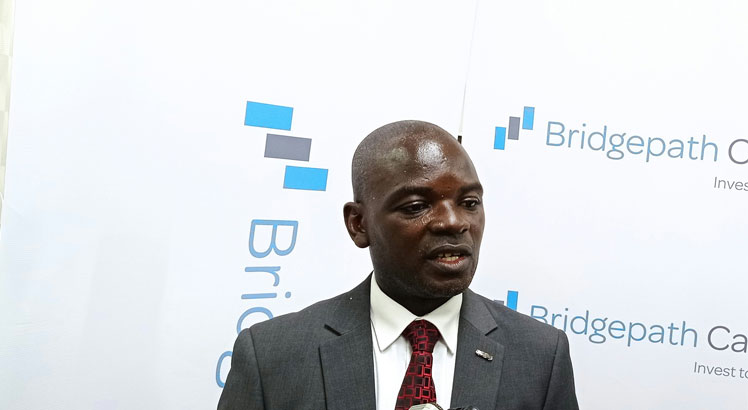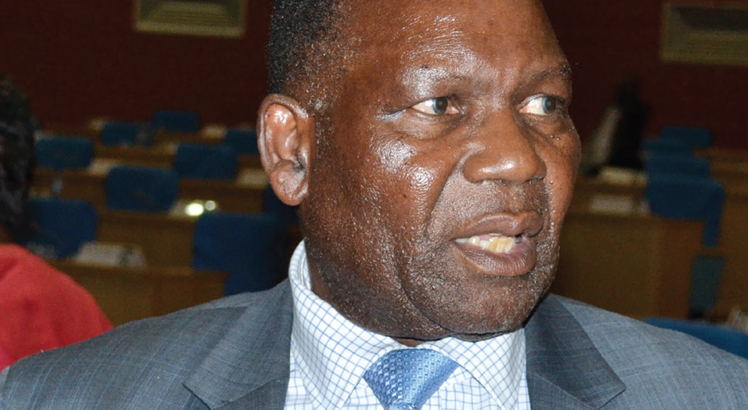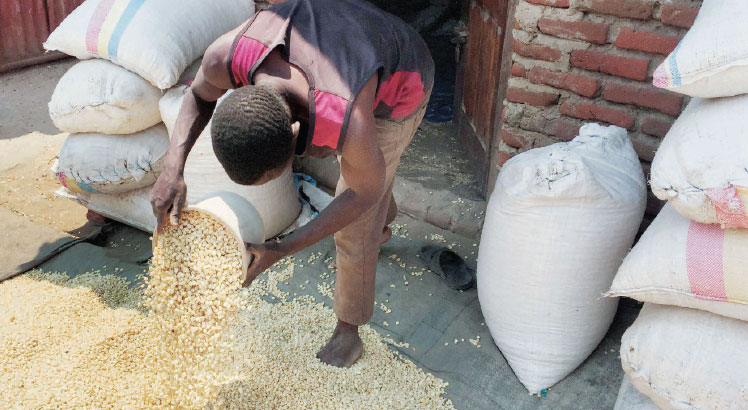Kuhes research feast returns
Kamuzu University of Health Sciencies (Kuhes) annual research dissemination conference returns with a focus on health-related priorities in the national vision, our Staff Writer JAMES CHAVULA reports.
At the turn of the millennium, HIV and Aids reduced Malawi to a nation in mourning, with coffin shops lining every street from hospital gates to busy markets.
Healthcare facilities nationwide were choked by patients and wailing crowds taking turns to get the bodies of their beloved from packed morgues.
Instead of going to work, Malawians were commuting from one funeral to another, with the government buying a multi-million kwacha fleet of minibuses for carrying the dead to their final resting sites instead of staffing and equipping constrained schools taken unawares by high enrolment in the wake of free primary education.
In maternity wards, caregivers alarmed by the increasing number of babies born with the incurable virus that causes Aids feared the nation was sleepwalking into a hopeless future.

“We needed a quick solution,” says Mercy Chilumba from Nanchidwa in Mulanje. “As productive people were dying like flies, a generation expected to replace them was also under attack.”
The problem was half-solved in 2005 when the government liberalised access to HIV treatment.
Aids-related deaths have dramatically dropped from 64 000 to 13 000 a year since the rollout of unrestricted access to antiretroviral drugs 18 years ago, according to the the National Aids Commission.
The feat paved the way for Option B+, which has made it possible for more than 90 percent of babies of HIV-positive mothers to be born without the virus, enjoy healthy lives and become productive citizens.
The prevention of mother-to-child transmission (PMTCT) involves testing all pregnant women and putting everyone found with the virus on HIV treatment instantly.
Chilumba and her colleagues promote the test-and-treat method in their hilly setting to disrupt the intergenerational spread of HIV.
The volunteers make door-to-door visits to encourage pregnant women and breastfeeding mothers with HIV to take life-prolonging treatment without fail.
“When an infected mother takes the drugs consistently, her child gets a healthy start in life. The child is born HIV-free and cannot catch the virus during breastfeeding,” Chilumba states.
Taking the life-prolonging drugs consistently reduces one’s viral load until it cannot be detected or transmitted, science shows.
The PMTCT approach was partly pioneered by researchers at the Kuhes, formerly College of Medicine under the University of Malawi (Unima).
The test-and-treat strategy that the World Health Organisation approved has spread beyond southern Africa.
Kuhes Vice-Chancellor Professor McPherson Mallewa says the globally acclaimed innovation exemplifies how the university helps tackle prevailing public health predicaments.
“One of Kuhes’ eight pillars is excellence in research, innovation and consultancy,” he says. “Most of the studies that inform how we treat HIV, tuberculosis and other deadly diseases were conducted here.”
The university, which was unbundled from Unima in 2021, shares life-saving studies at its annual research dissemination conference.
At least 600 participants have confirmed to attend the second edition slated for November 30 and December 1 this year, according to Mallewa.
“We have to come up with answers to problems. Local problems call for local solutions,” he says. “The university has a professional obligation to provide feedback to the nation for enhanced policies, social behavioural change and further research.”
About 250 local and international researchers are expected to share insights on diverse topics.
The conference will focus on health research priorities in the national vision to transform Malawi into a wealthy and self-reliant industrialised middle-income economy by 2063.
“This year’s theme is Tackling the Malawi2063 health research priorities through a multidisciplinary approach because we believe a healthy nation is wealthy. Health is wealth. If you are not healthy, you cannot contribute to MW2063,” Mallewa explains.
The national socioeconomic strategy envisions “a healthy population with improved life expectancy working towards the socio-economic transformation of Malawi”.
Kuhes has unveiled African Institute for Development Policy (Afidep) executive director Dr Eliya Zulu as the keynote speaker at the research dissemination conference.
In an interview, the Afidep founder said: “Multidisciplinary evidence is central in guiding holistic, practical solutions to Malawi’s health challenges and turning the country’s growing population into quality human capital needed to achieve Malawi 2063 development aspirations.
“To ensure consistent use of evidence in decision-making, we should have more proactive engagement between researchers and policymakers.”
The researchers gather as the country is reeling from the disruptive Covid-19 pandemic and the deadliest cholera outbreak amid the resurgence of polio.
Kuhes has become the epicentre of research in the national response to piling disease outbreaks that disrupt all spheres of the ailing economy.
In their laboratories, Kuhes researchers split the fast-spreading germs, including coronavirus, to identify the variants being transmitted and how they respond to vaccines.
“Only healthy people can transform Malawi. The sick cannot work or do business. They spend more time and money seeking treatment. Even the government spends billions treating patients instead of investing in education, good roads and creating jobs,” says Chilumba.






One Comment